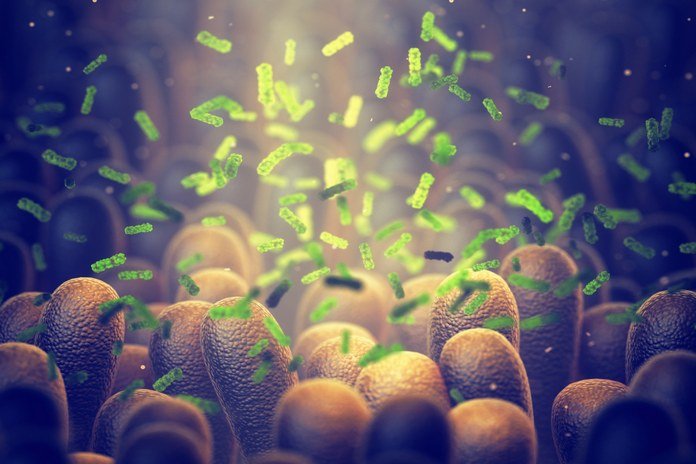How do probiotics work?

Visit any grocery store, and you will indeed find more than a few “probiotic” products claiming so-called beneficial bacteria that will treat everything from obesity to constipation to depression. In addition to foods that are traditionally prepared using live bacterial cultures (such as yoghurt and fermented dairy products), consumers can now also purchase probiotic pills and capsules, sausages, fruit juices, cereals, candy, cookies, pet food and granola bars. Indeed, the demand for probiotics has increased so much in recent years that product manufacturers have even started to add the microorganisms to mattresses and cosmetic.
These bacteria seem to benefit only those individuals suffering from a few specific gastrointestinal disorders. There is no evidence to suggest that individuals with normal gastrointestinal tracts can be benefited from probiotics. These Bacteria are not recommended if you’re not in any distress. The claims that are made are extremely inflated.”
Bacteria are known for causing diseases, so the idea of ingesting a few billion per day for your health might seem — figuratively and literally — hard to accept. But a variety of scientific evidence suggests that you can prevent and treat some illnesses with supplements and foods containing certain forms of live bacteria. Northern Europeans eat up a lot of these beneficial bacteria, called probiotics, following their tradition of eating foods fermented with good bacteria, such as yoghurt. Beverages laced with probiotics are also big production in Japan.
It is found that the product formula, type of microbe strain, dose, quality and the health condition of the product are all important for their effectiveness.
The symptom or condition you’re trying to treat depends upon how the probiotic works and when you’ll get results. If you’re taking a probiotic for immune health or general gut, you’ll need to take it for a while to see results. On the other hand, if you’re consuming a probiotic to treat diarrhoea, you may see faster results.
For example, research has shown that, when probiotics are used in combination with rehydration therapy, they can reduce the frequency and duration of infectious diarrhoea in as little as two days.
Another study revealed that individuals who consumed a high-dose probiotic drink containing Lactobacillus fermentium, Lactobacillus paracasei, and Lactobacillus casei for 12 weeks face significantly less flu-like symptoms and upper respiratory tract infections compared to a placebo group.
It was also shown that the probiotic drinks boosted the immune system of the individuals by increasing antibody levels, including sIgA in the GIT after 12 weeks.
Yet another study found that individuals with irritable bowel syndrome (IBS) who take Saccharomyces boulardii for four weeks experienced improvements in IBS-related symptoms.
Depending on what you’re using probiotics for, you may see improvement in symptoms anywhere between a few days to a few months.
